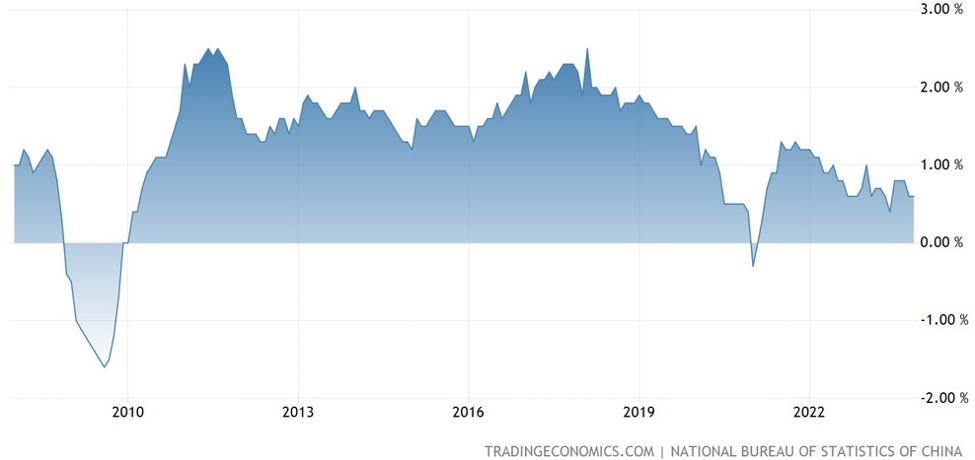Learn Options Trade Selection: Matching the Right Strategy to Market Conditions
One of the most important skills in options trading is knowing which strategy to use when. Whether the market is trending, consolidating, or volatile ahead of earnings, aligning the right trade setup with the market environment can be the difference between consistent profits and avoidable losses.
In this part of the ForexLive.com (to evolve later this year to investingLive.com) instant ‘Learn Options’ guide, you’ll learn how to:
-
Select the best strategy for bullish, bearish, or neutral markets
-
Adapt to changing volatility and timeframes
-
Use real-world examples to sharpen your decision-making
Let’s break down situational trade selection by market outlook.
Match the Options Strategy to Market Conditions
Bullish Market: Go Beyond Buying Calls
When you’re confident in a directional move higher, there’s more than one way to express it.
Example 1: Bull Call Spread
Max profit: $90 – $80 – $2.50 = $7.50
Why not just buy the call?
Example 2: Cash-Secured Put
If the stock rises, you keep the $200 premium. If it drops, you buy at a discount.
Bearish Market: Defined Risk is Your Friend
When markets are falling or a specific stock is weakening, these setups help manage risk.
Example: Bear Put Spread
-
Stock LMN is at $120
-
Buy $120 put for $6.00
-
Sell $110 put for $2.50
-
Net debit = $3.50
Max profit: $6.50 if stock closes below $110
This spread provides strong downside exposure without needing to short the stock or pay full premium.
Sideways or Neutral Market: Time and Volatility Matter
Markets often trade sideways—especially during low-news periods. These strategies let you profit without picking direction.
Example: Iron Condor
Profit if stock stays between $95–$105
Best Conditions:
High Volatility Environments: Fade the Fear or Play the Explosion
When implied volatility is high:
-
Consider premium selling (condors, credit spreads)
-
Be cautious buying naked options—they’re overpriced
Example: Short Strangle
-
Stock DEF is at $150
-
Sell $160 call for $3.50
-
Sell $140 put for $3.00
-
Net credit = $6.50
Profit if stock stays between $133.50–$166.50
Caution: Unlimited risk if stock breaks out strongly. Best used by advanced traders.
Earnings or Events: Trade the Reaction or the Implied Move
Example: Long Straddle Before Earnings
-
Stock is at $200
-
Buy $200 call for $5.00
-
Buy $200 put for $5.50
-
Total debit = $10.50
Profit if stock moves above $210.50 or below $189.50
Tip: This works best when implied volatility is not overly inflated.
Alternative: Iron Butterfly
Wrapping Up: The Best Strategy Is Context-Dependent
Successful options trading isn’t just about knowing strategies—it’s about knowing when to use them.
When you:
-
Align your strategy to the market condition
-
Factor in volatility and time
-
Use defined risk to your advantage
You’re thinking like a professional.
Explore more strategies and insights at ForexLive.com (evolving to investingLive.com later this year), where you learn investing the simple, practical and professional way.
ForexLive.com
is evolving into
investingLive.com, a new destination for intelligent market updates and smarter
decision-making for investors and traders alike.















